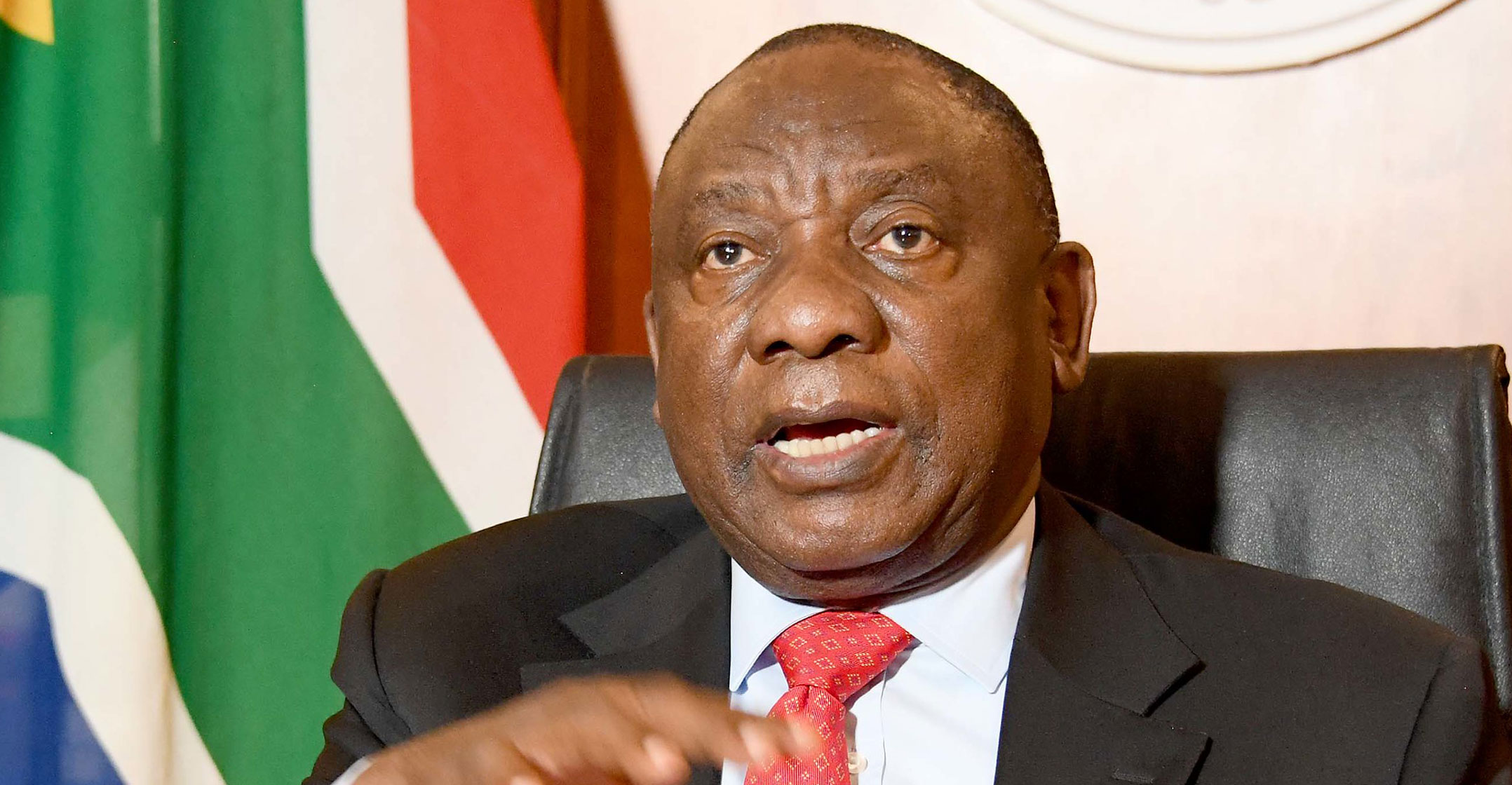 South Africa’s biggest business lobby criticised the government’s handling of the crisis at power utility Eskom and said it was unrealistic in its approach to the country’s growing debt burden, marking a sharp break with its largely silent approach to the nation’s economic malaise in recent years.
South Africa’s biggest business lobby criticised the government’s handling of the crisis at power utility Eskom and said it was unrealistic in its approach to the country’s growing debt burden, marking a sharp break with its largely silent approach to the nation’s economic malaise in recent years.
In a letter sent to its members, Business Unity South Africa expressed frustration with the delays in seeking a new CEO for Eskom, which has more than R440-billion in debt, and with the decision to appoint Freeman Nomvalo as chief restructuring officer.
It also warned that the government will need to seek a bailout from the International Monetary Fund unless it confronts its problems.
“The choice is stark yet simple,” Sipho Pityana, the president of Business Unity South Africa and chairman of AngloGold Ashanti, said in the letter. “Either we prescribe our own medicine, or someone else will prescribe it for us. And it will be bitter, bitter medicine.”
South Africa has had to pledge tens of billions of rand to keep Eskom afloat and has made no progress in a plan unveiled in February to restructure the state utility into three units to make it more sustainable. The country is beset by stagnating growth and an unemployment rate that is at its highest since at least 2008. Two of the world’s three major credit-rating companies assess South Africa’s debt as below investment grade and the national debt burden is mounting.
Slow pace
The slow pace of economic reforms and tackling rampant corruption has disappointed investors who had welcomed the ousting of Jacob Zuma as president last year and had expected rapid progress under his replacement, Cyril Ramaphosa, a successful businessman in his own right.
The letter was issued after a 1 August meeting between the group’s leadership and Ramaphosa and other politicians, and follows a report in Business Day where Pityana criticised the country’s debt problems. Busa represents the country’s biggest companies.
Pityana expressed concern that the country’s financial services companies could be pressured into lending more money to already heavily indebted state enterprises, threatening their own viability. Little was being done to implement the austerity measures that are needed, he said.

“We are particularly disappointed with the handling of the state-owned enterprise that bleeds the most — Eskom,” Pityana said in the letter. “We are not satisfied, for example, that Eskom only started last week to look for a new CEO, despite having two months’ notice from the outgoing CEO.”
Khusela Diko, a spokeswoman for Ramaphosa, didn’t answer a call made to her mobile phone.
The letter was even more critical about the chief restructuring officer, a relatively unknown leader of a national accountancy organisation who will have to split Eskom in three units and tackle its debt.
“Our high regard for the proposed candidate notwithstanding, we expected the CRO to be someone with a proven track record and who would create an impression that government means business and anticipated the appointment of someone who would make us sit up and say ‘wow’,” Pityana said.
Nomvalo has no experience of restructuring and will only be doing the job part time, Busa said in the letter that bemoaned the lack of urgency being shown in resolving the country’s problems.
“We told our social partners it’s crunch time,” Pityana said. “It is increasingly obvious that there is no political will when it comes to hard decisions.” — Reported by Antony Sguazzin, (c) 2019 Bloomberg LP




